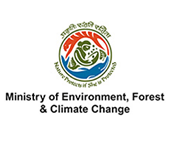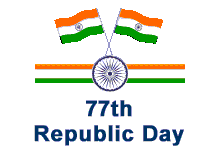
The National Forest Academy, nestled within the serene and historic FRI campus, serves as the alma mater of the Indian Forest Service officers. Its primary mission is to impart professional training to new members of the Service and regularly enhance the knowledge and skills of in-service officers. These initiatives collectively promote excellence, adaptability, and a forward-looking approach across the forestry sector.
Our faculty members are deeply committed to delivering high-quality training in sustainable forest management. They equip Probationers with the technical expertise and resilience needed to take on the immense responsibility of conserving the country's diverse forests and wildlife resources, while addressing the pressing challenges of climate change. The dedication and support of our office staff further strengthen these efforts, ensuring the smooth conduct of all training activities.
At IGNFA, we place equal emphasis on nurturing the right attitude alongside knowledge and skills. Cultivating a positive mindset and fostering a spirit of service are integral aspects of our training regime, which prepare future officers to lead with empathy, integrity, and vision.
I remain confident that every Probationer and in-service Officer contribute meaningfully to the vital mission of conserving our natural heritage, serving the nation with exemplary leadership, and upholding the highest standards of public service.
Director
Bharati
Page Last Updated: 24-10-2025 11:08 AM







































